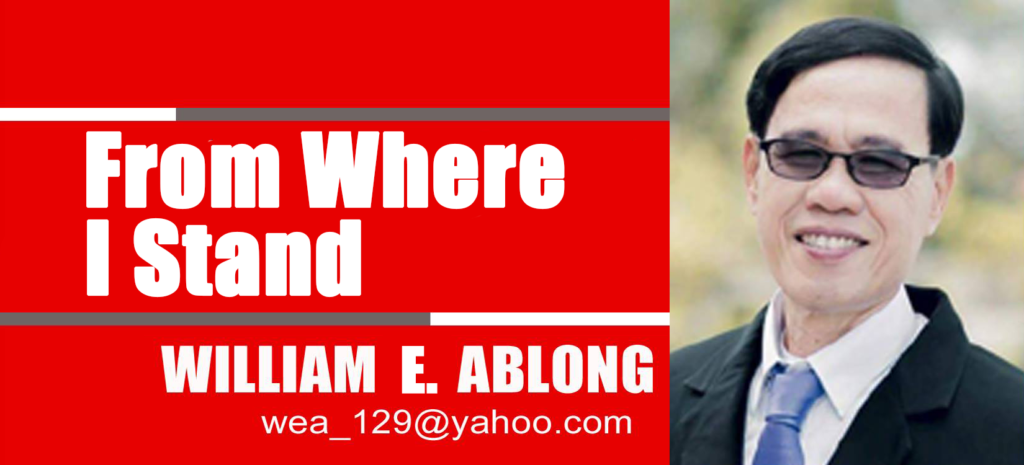
WHILE waiting for my turn during an over-the-counter bank transaction, I cannot help but overhear a conversation between two ladies sitting very near me.
The other one who dominated the conversation was ranting and raving about her boss, how inconsiderate he is, how insensitive his policies are, and how she hates him. The other lady, on the other hand, looks like she was the “listener” in that set-up.
However, I have noticed that while she was the “listener,” I wasn’t really very sure if she was listening. She kept looking at her watch, then at times, she would look at the teller, then she would also check on her cellphone.
As I watched them talking, my mind brought me to a book that I recently read, it was about generous listening.
“Generous listening”
Generous listening is not just listening per se. It is the skill of listening to ourselves, each other, and nature, with generosity. We define it broadly as hearing beyond just words and engaging with both the heart and the mind.
Generosity is rooted in understanding how we as individuals are connected to the well-being of others and humanity. Generosity implies values such as openness, courage, curiosity, and responsiveness.
But how can we listen generously? How different is it from the kind of “listening” that we do every day? Whether we are at work, with our wife or husband, our children, with our friends, and even with people with don’t really know so much about.
I’d like to share here some insights. These are not just from the book, but also from what I’ve learned and the experiences I gained from the many years of being a public servant, as an educator, the years I’ve spent as a cooperative organization leader, and most especially, from being a husband, a father and a grandfather.
Be fully present
When listening to another, I try to clear my mind. I try to be aware of any of my underlying feelings and frustrations and set them aside first. Then I focus entirely on what the other person is saying.
I never try to formulate my responses as they speak, multi-task, or let my mind wander. In short, I remain present and attentive. I put away potential distractions that are likely to become obstacles to my listening to the other person which means putting my phone away for a while. Or if I am at my desk, I set aside my laptop and give my full attention to the person I am listening to.
Set bias and judgment aside
Generous listening is an empathetic and compassionate practice. When we listen generously, we make an active effort to see the world through another’s perspective and to understand their thoughts and feelings.
This will never be fully possible if we hold judgment or bring our personal biases to the table. Conversations like this will tend to hit a wall, with some parties being on the defensive and making others shut down.
Instead, why I start the conversation with a clean slate and offer courage, compassion, openness, and understanding. We will likely be pleasantly surprised to find that we all come from one common shared experience and there are traces of each of us within the other.
Listen “to learn”
We are all unique. We bring our different experiences to the workplace, each with different backgrounds, education, and knowledge. We never know what we might learn from listening to someone. I try to be curious. So, when I meet someone, I try to think of listening as a free learning opportunity. Being engaged in the topic and with the person will help us create genuine and deeper relationships.
Do not interrupt
I believe that leaders must respect their peers and be genuinely curious about what they must share, rather than interrupt the flow of dialogue and disengage team members. As a leader, I strive to be attentive, caring, and attuned to the underlying rhythms and moods of the team or co-workers and subordinates.
I take an effort to listen far beyond words and pick up the subtle cues that reveal more. Doing this can lead as an example, but more importantly, could set the stepping stone and foundation to cultivating a wider culture of generous listening wherever we are, whatever we do, or whatever situation we are in.
Take away
From the many years I’ve spent listening to people, there is one thing that I have learned – the biggest communication problem we have is that we do not listen to understand. We listen to reply.
To quote famous influencer and business coach Simon Sinek, this is what he said – “Listening is not understanding the words of the question asked, listening is understanding why the question was asked in the first place.”

